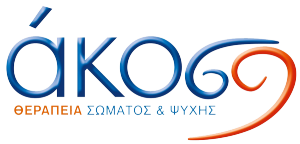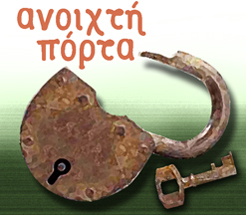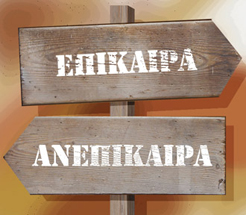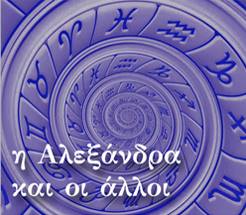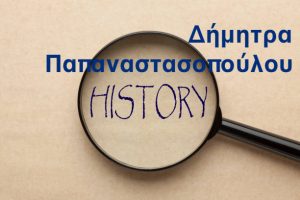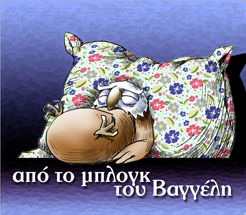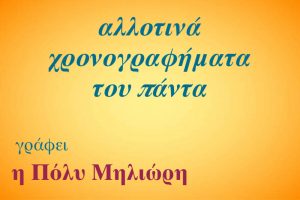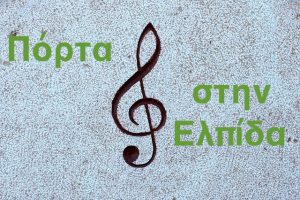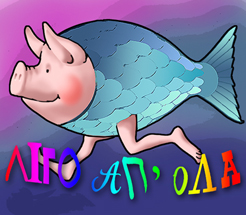
Αρχείο 23-9-2012
Τα τελευταία χρόνια -από τότε που δημιουργήθηκε το πρόβλημα- συχνά βρίσκομαι αντιμέτωπος με την ερώτηση: Τι λες για τα “σκίτσα του Μωάμεθ”, θα έκανες εσύ ένα τέτοιο, θα το δημοσίευες; Το σκέφτηκα τώρα που γίνεται τόση φασαρία με το ηλίθιο φιλμ κάποιου ηλίθιου, μα και την δημοσίευση πάλι κάποιων σχετικών σκίτσων. Η απάντηση στις παραπάνω ερωτήσεις είναι όχι και όχι. Όχι δεν θά ‘κανα, όχι δεν θα δημοσίευα.
Ερωτήσεις κι απαντήσεις δεν είναι απλές όσο ίσως φαίνονται. Άπτονται βασικών ατομικών και ανθρώπινων δικαιωμάτων, που φαίνονται μερικές φορές ακόμα και να αλληλοσυγκρούονται. Πέρα απ’ αυτό, υπάρχει και η πολιτική πλευρά μια και ούτε όλοι οι προκαλούντες είναι αφελείς (διάβαζε βλάκες) μα ούτε κι αυτοί που αντιδρούν βίαια στην πρόκληση έχουν τη θρησκεία σαν μοναδικό κίνητρο. Θέλω όμως να επικεντρωθώ στο θέμα των δικαιωμάτων και εξηγούμαι: Ελευθερία της έκφρασης, ελευθερία διακίνησης ιδεών, ελευθερία της σκέψης. Έχω δικαίωμα να κάνω όσα και όποια σκίτσα θέλω. Έχω δικαίωμα να πιστεύω σ΄όποιον θεό, πνεύμα και αντικείμενο μου αρέσει ακόμα και να μην πιστεύω σε τίποτα. Έχω δικαίωμα να σέβονται οι άλλοι την πίστη μου αυτή, να μη με διώκουν, να μη με κοροϊδεύουν και να μη γίνονται σε βάρος μου διακρίσεις. Βασικά αυτά.
Σαράντα χρόνια σκιτσογράφος σεβάστηκα πάντα ορισμένα πράγματα. Ένα απ’ αυτά ήταν, για παράδειγμα, οι φυσικές ή πνευματικές αδυναμίες κάποιου. Ποτέ δεν κορόιδεψα για το μειονέκτημά του έναν καμπούρη, έναν τυφλό, έναν κουτσό, κάποιον με ειδικές ανάγκες. Κάτι άλλο που σεβάστηκα παρ’ όλο που εγώ δεν πιστεύω είναι αυτό που λέγαμε παραπάνω, την πίστη κάποιου άλλου. Δε μιλάω για την “εκκλησία” που πολλές φορές την σατίρισα, μα για την πίστη. Ποτέ όμως δεν ένοιωσα πως έτσι περιόριζα την ελευθερία της έκφρασής μου. Ήταν επιλογή μου κι οι επιλογές πηγάζουν από την ανατροφή και τα πιστεύω μας.
Είχα την “τύχη” να κάνω τα πρώτα χρόνια της καριέρας μου μεσούσης της Παπαδοπουλικής δικτατορίας. Ως σκιτσογράφος, γνώρισα απο πρώτο χέρι τη λογοκρισία απ’ όλες τις πλευρές της, άμεση και έμμεση. Ως πολίτης έζησα τον στραγγαλισμό του λόγου και της έκφρασης. Το λέω αυτό για να δείξω την απόλυτη, τη φανατικιά, προσήλωση που έχω στην ελευθερία του λόγου και της διακίνησης των ιδεών.
Ελευθερία του λόγου, λοιπόν, ναι! Μα, για να θυμηθώ τον ποιητή, “…θέλει αρετήν και τόλμην η ελευθερία”. Η ελευθερία θέλει υπευθυνότητα και πολιτική ωριμότητα, γι αυτό και απόλυτη ελευθερία δεν υπάρχει . Την περιορίζουμε είτε εμείς οι ίδιοι από μόνοι μας με βάση τη συνείδησή μας ή η κοινωνία στην οποία ζούμε, με βάση τις αρχές που έχει διαμορφώσει. Τα δικαιώματα του καθενός, ατόμου ή ομάδας, σταματούν εκεί που αρχίζουν τα δικαιώματα του άλλου.
Και κάτι ακόμα που είναι η πολιτική πλευρά. Ο πολιτικός σκιτσογράφος είναι εκ φύσεως και εξ ορισμού άτομο πολιτικό -ενήμερος, με άποψη, που μπορεί να αναλύει τα γεγονότα. Αν είναι έτσι, θα πρέπει να μπορεί όχι μόνο να προβλέπει τις πιθανές συνέπειες των σκίτσων του μα, ως πολιτικό άτομο, να μη δείχνει αδιαφορία γι αυτές. Εάν απο άγνοια ή αφέλεια δεν έχει συνείδηση των συνεπειών είναι προφανές πως δεν έχει πολιτική κρίση και δεν αξίζει να είναι πολιτικός γελοιογράφος. Εάν σκόπιμα προκαλεί, τότε είναι ένας απλός προβοκάτορας.
“WE WANT OUR RIGHTS”
“ΘΕΛΟΥΜΕ ΤΑ ΔΙΚΑΙΩΜΑΤΑ ΜΑΣ”
It’s been a few years -since the problem was created- that I have often come against the question: What is your opinion about the “Mohamed Cartoons”, would you publish them, would you do something like that yourself? It came to me now because of all the fuss around a stupid film of some idiot or other, but also because this gave the opportunity for the publication of some more “Mohamed Cartoons”. My answer to the question above has always been no and no. No, I would not publish them, no I would not draw something like that.
Questions and answers are more complicated than they might seem at first sight. They deal with basic human rights that sometimes seem to clash between them. Besides, there is also the political side since neither the provocateurs are always naive (stupid is the word) nor those who react violently to the provocation are guided by only religious motives. But I want to focus on the human rights aspect and explain myself: Freedom of speech, freedom of expression, free exchange of ideas, freedom of thought. I have the right to make any kind of cartoon, as many as I like, at any time. Freedom of conscience. I have the right to believe in any god, spirit or object I choose – even to not believe in anything at all. I have the right to have respect for my faith, to not be persecuted, ridiculed, insulted or discriminated upon because of it. Basic things, these.
Forty years as a political cartoonist there are certain things I always respected. One of those, for instance, has been the natural or intellectual disabilities of people. I never made fun of a hunchback, a blind or lame person, someone intellectually handicapped. Another thing I always respected has been someone else’s faith, even though personally I am an atheist. I am not talking about the “church”, that I have always kept on target, I am talking about faith. Even so, I never felt that my freedom of expression was constrained in this way. It was my choice, stemming from my upbringing and ideology.
I was “lucky” enough to spend the first three years of my career as a cartoonist under a military dictatorship. I acquired first hand experience with all kinds of censorship, direct and indirect. As a citizen I experienced for seven years the strangulation of free speech and expression. I mention this to show my total dedication to the ideals of free speech and the free exchange of ideas.
Freedom of speech, then, YES! But freedom requires responsibility and political maturity an this is why absolute freedom does not exist. It is either restricted by ourselves based on our conscience and beliefs or by the society we live in, according to the principals that govern it. What is for certain is that the rights of every group or individual end where the rights of someone else begin.
One final word, about the political aspect of the issue in question. A political cartoonist is both by nature and definition a political person – he is (or should be) well informed, with a political opinion, able to analyze events in depth. If this is so he should not only be able to foresee the possible consequences of his cartoons but also, being a political person, to be concerned and interested about them. If by ignorance or naiveté, by the lack of political thought, he disregards the consequences then he should not be a political cartoonist. If, on the other hand , he purposefully provokes he is nothing more than a common agent provocateur.

Το άρθρο απηχεί τις απόψεις του συντάκτη του.
The article expresses the views of the author.
Iporta.gr

* Το άρθρο απηχεί τις απόψεις του συντάκτη του.
The article expresses the views of the author
iPorta.gr


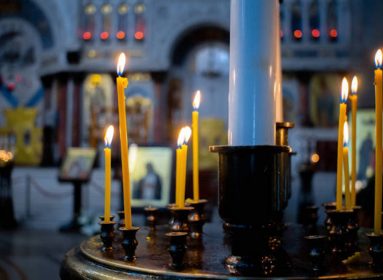

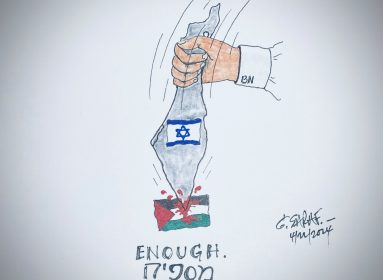
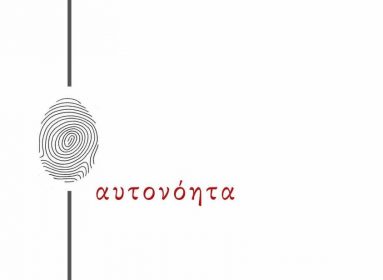
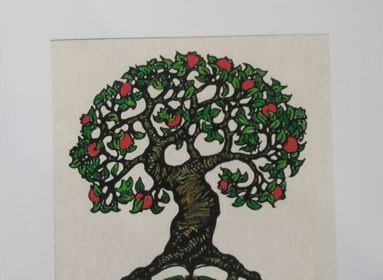
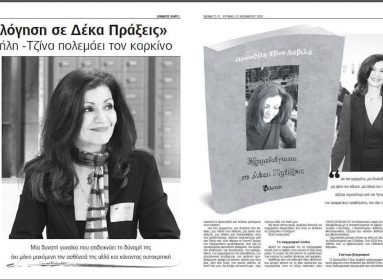
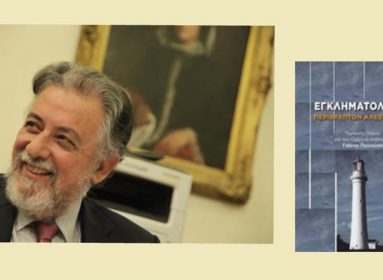

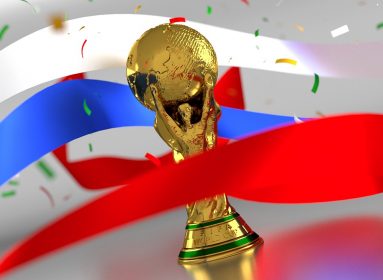







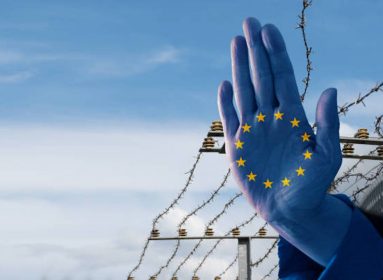
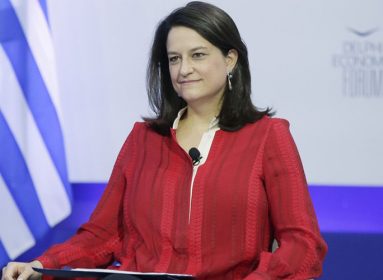
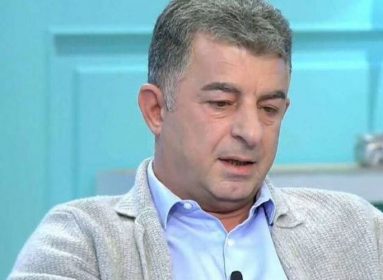
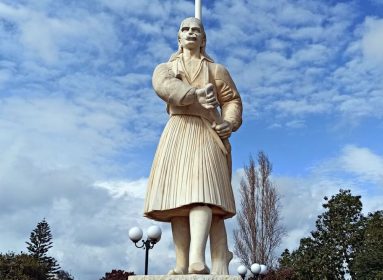
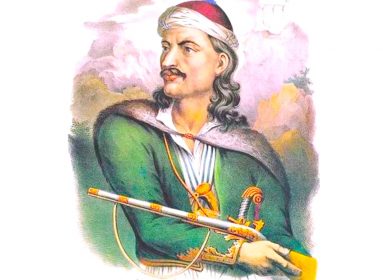
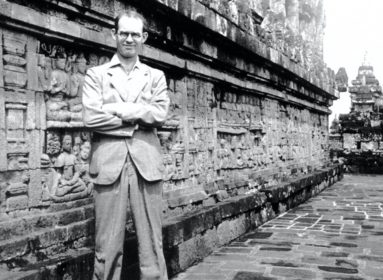
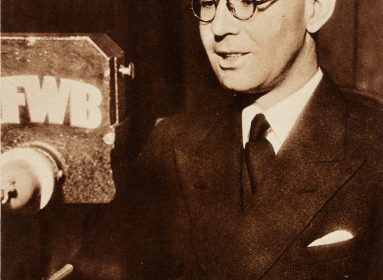
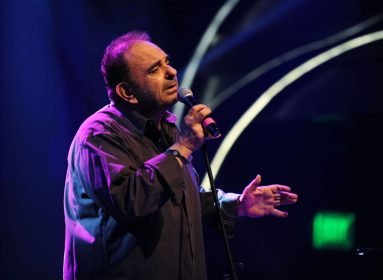
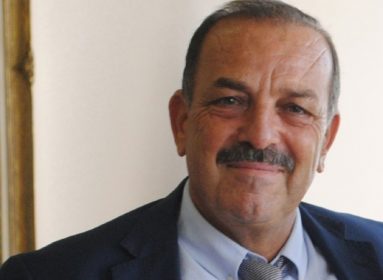
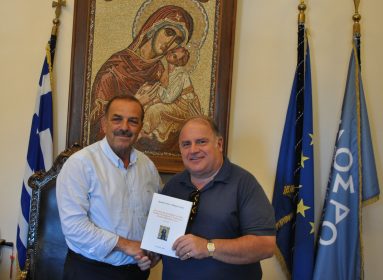
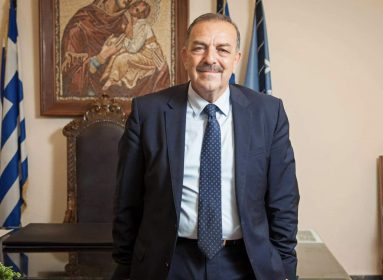
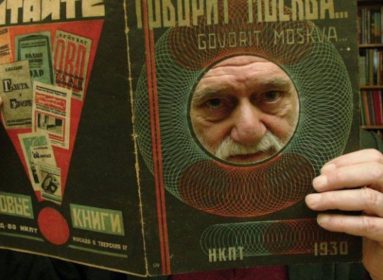
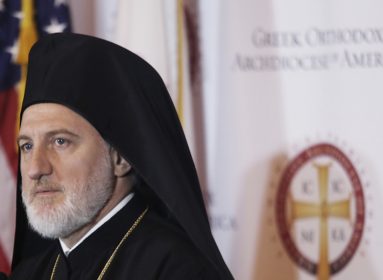
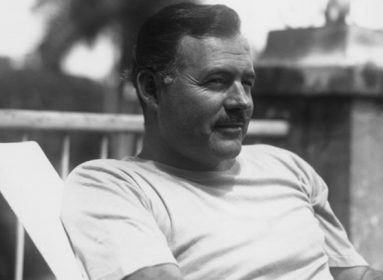
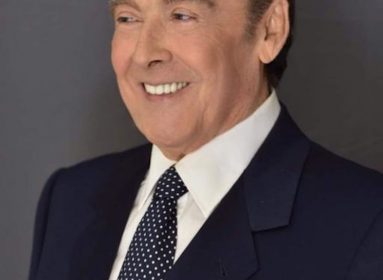
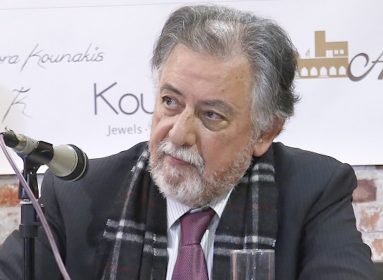
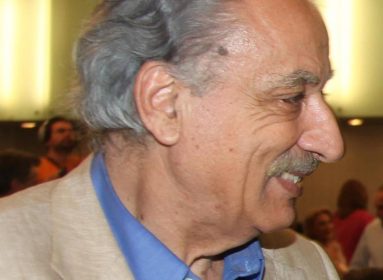
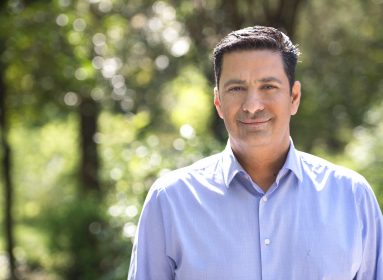
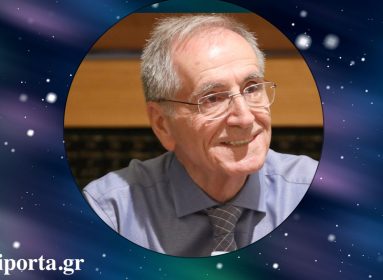
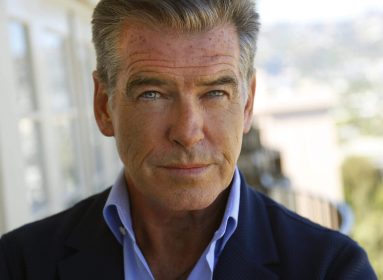
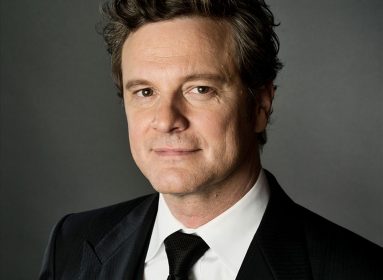
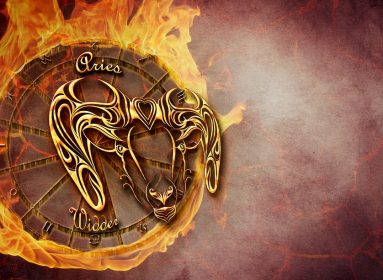

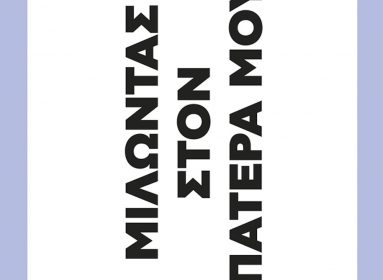
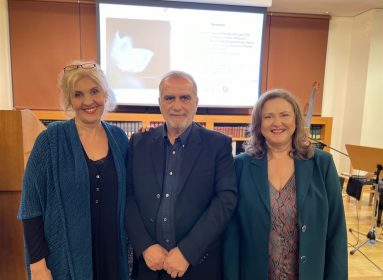
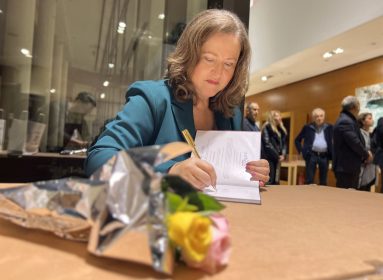
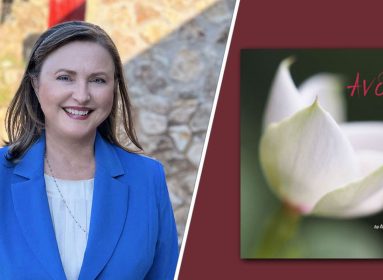
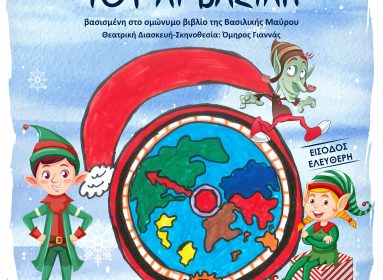
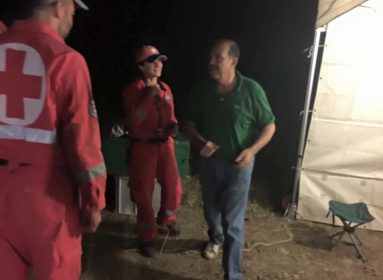
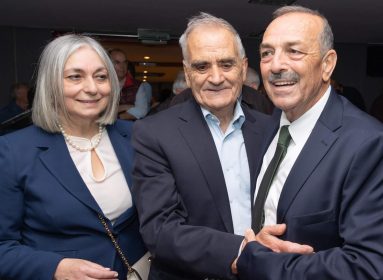

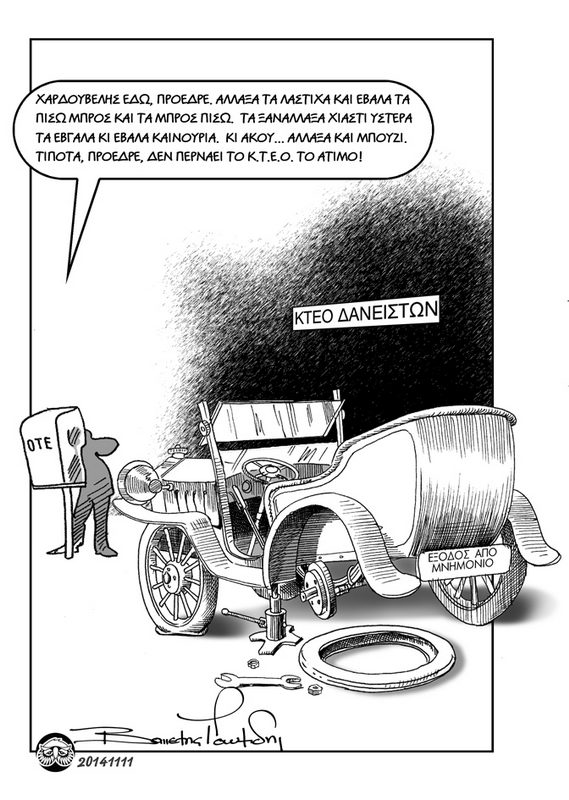
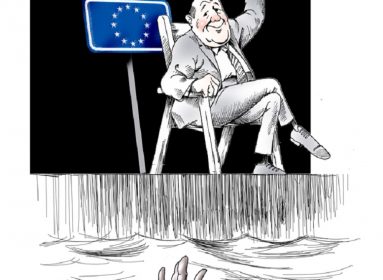
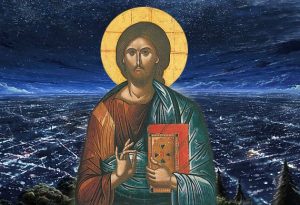

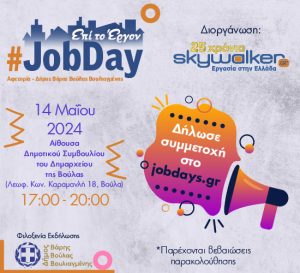
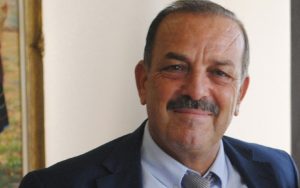
 Στηρίξτε-Ενισχύστε την iΠόρτα με τη δική σας χορηγία…
Στηρίξτε-Ενισχύστε την iΠόρτα με τη δική σας χορηγία… Το σκίτσο είναι του Βαγγέλη Παυλίδη
Το σκίτσο είναι του Βαγγέλη Παυλίδη